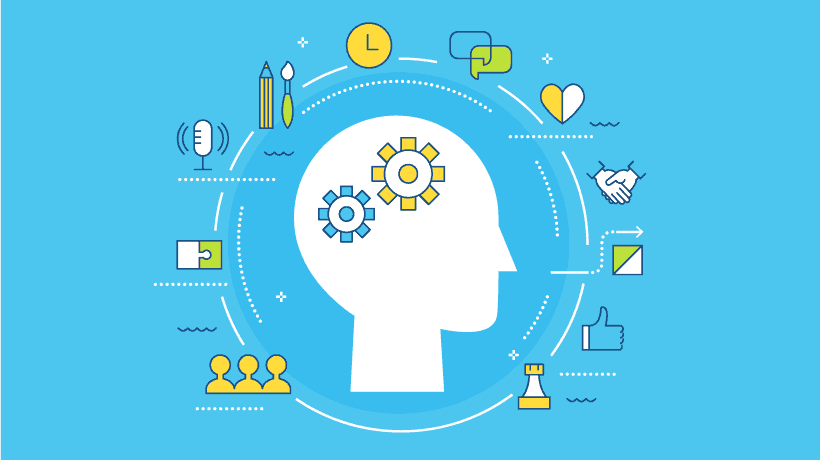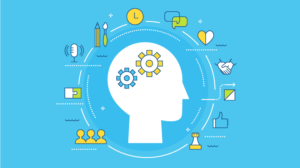Right Solutions
100% Secure Checkout!
No products in the cart.

As you learn the fundamentals of web development and look to enhance your knowledge, it’s important to scour the internet to see what other people are doing and saying. While it’s great to stay up-to-date on trends through magazines and books, web development blogs provide you with an abundance of fresh, free content. Blogs have become increasingly more popular over the years and even though sports and fashion blogs led the charge at first, it’s now very likely that every topic out there has at least one blog dedicated to it.
Web development blogs can be extremely helpful when looking to expand your knowledge in a particular web development niche. However, when searching it’s easy to get overwhelmed with the amount of content that is out there. How do you distinguish between good content and bad content? Because of this difficulty, we decided to compile some of our favorite blogs and urge you to take a look:

But ignoring soft skill development may lead to problems like a lack of effective communication with team members or clients, which can impact company operations as well as the developer’s career.
In this post, we will see why having soft skills is vital and which soft skills can help you become a highly sought-after software programmer.
What’s the Difference Between Soft Skills and Technical Skills?
When a programmer sends in a job application, the employer looks at both soft skills and hard skills before choosing whether or not to hire them. Both types of skills help to define how successful the candidate is.
 Why Are Soft Skills Important? There are many reasons why soft skills are equally as important as hard skills for programmers. Having soft skills means having positive interactions with other developers, which has many career benefits. These are some of the benefits:
Why Are Soft Skills Important? There are many reasons why soft skills are equally as important as hard skills for programmers. Having soft skills means having positive interactions with other developers, which has many career benefits. These are some of the benefits:
We’ve gone over why you need soft skills, but which are the most important soft skills for developers to have?
The 10 Most Important Soft Skills That Every Developer Should Have
Soft Skills Complement Each Other
 The great thing about soft skills is that they complement each other. Learning one makes it easier to improve on another.
The great thing about soft skills is that they complement each other. Learning one makes it easier to improve on another.
For instance, having great communication skills can help you to easily collaborate with team members and clients, making you a great team player. In turn, this helps you become more confident and self-aware, which improves your accountability skills.
To develop your soft skills, you first need to figure out which soft skills you need to work on. Have a learning mindset, reflecting on the soft skills you are good at while accepting the fact that there are others you need to improve on.
Afterward, be open to expanding your knowledge and skills, leveraging the LMS software at your workplace. Practice collaboration, teamwork, and communication, and don’t be afraid to accept feedback from your team leaders or managers.
Being a versatile developer definitely requires hard skills, but you won’t succeed without soft skills.
Quality of a good website design
Copyright By: Vikash Kumar

We don’t just sell websites, we create websites that SELL.
Copyright 2022 @ Dashing Webtech